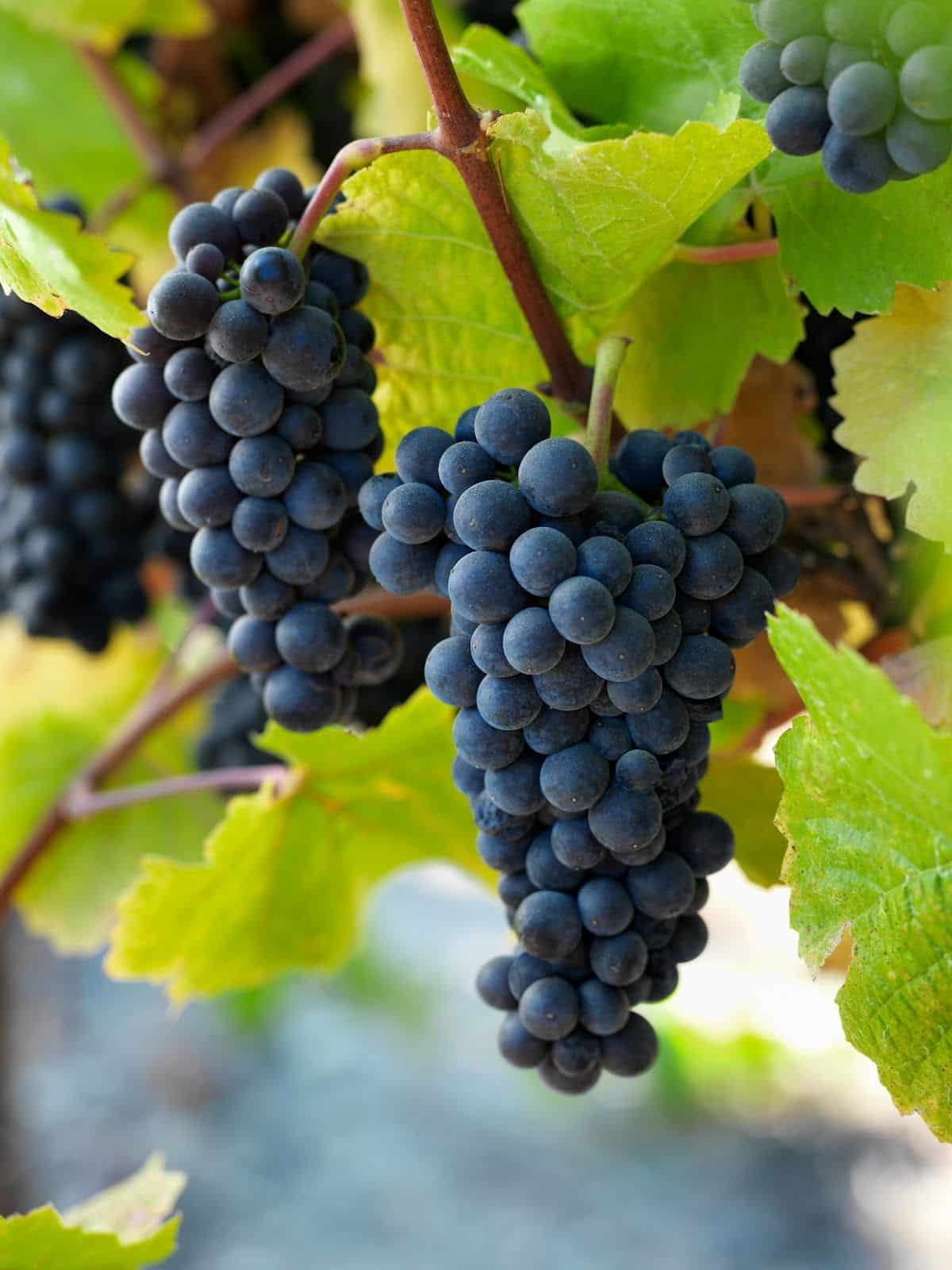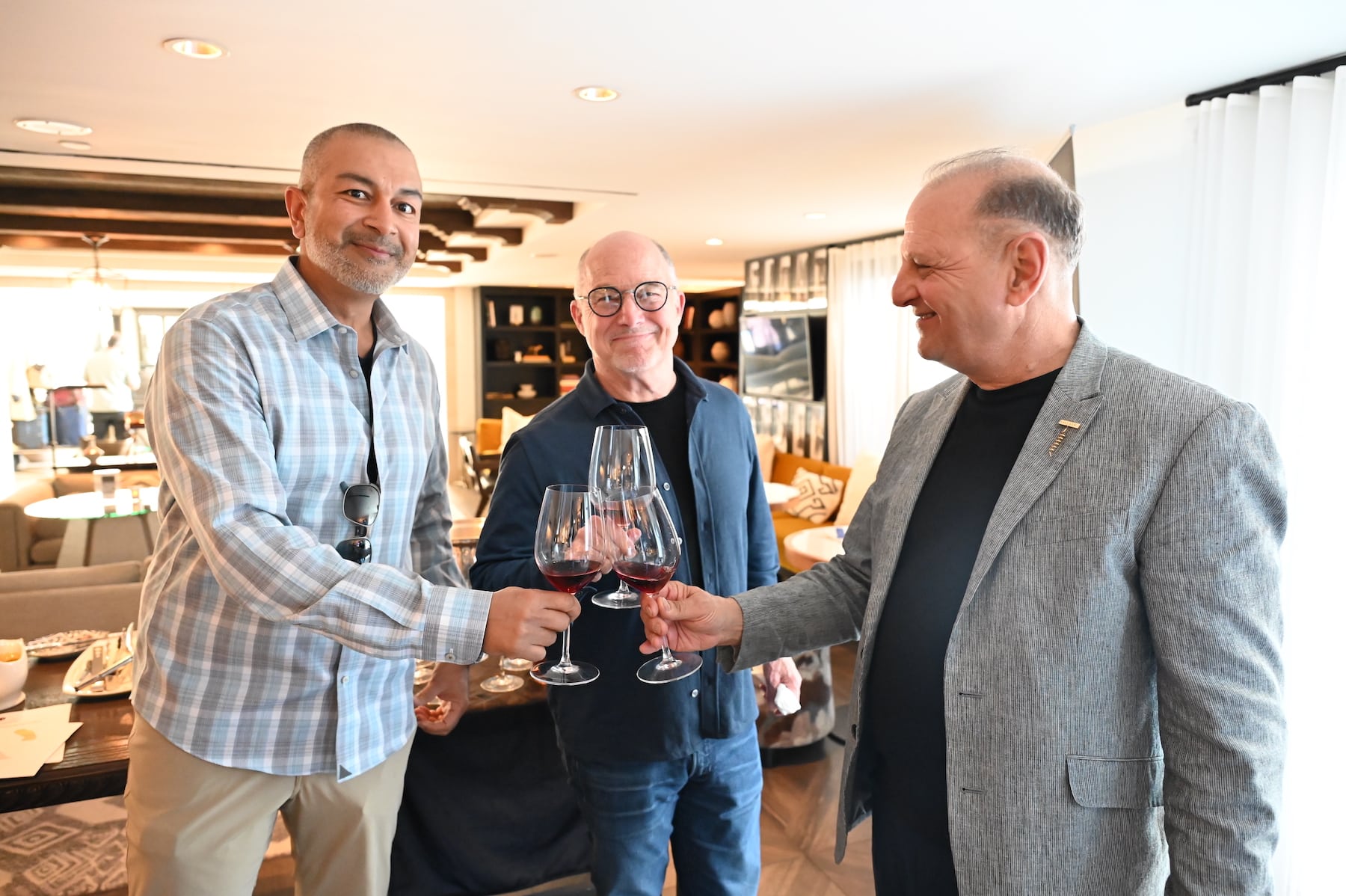Unique Wine And Food Pairings In Sonoma - Best Vineyard Visits In Sonoma
Unique Wine And Food Pairings In Sonoma - Best Vineyard Visits In Sonoma
Blog Article
Wineries Perfect For A Relaxing Afternoon - The Charm Of Sonoma Wineries
Wine tasting is often thought to be an art type, one which goes past merely enjoying a beverage. It embraces a complex interplay of flavors, aromas, and textures that requires dedicated practice to truly grasp. Many who enterprise into the world of wine tasting rapidly notice that it involves much more than just sipping wine. Improving sensory skills via devoted winery wine tasting can elevate the experience, reworking an off-the-cuff drinking occasion into a classy exploration of the senses.
At a fundamental degree, wine tasting engages the senses of sight, scent, style, touch, and even sound. Every element plays a crucial function in appreciating the nuances of a wine. When one first pours a glass of wine, the rich hues can present initial insights into its age and varietal. Observing the colour and clarity helps type expectations about the wine's flavor profile. Many don’t fully recognize how this visual assessment can set the stage for what is to observe.
The next step is to interact the sense of smell. Swirling the glass aerates the wine, permitting its unstable compounds to escape and fill the air with its bouquet. The nose entails some fascinating layers—different aromas can sign varied aspects of the winemaking course of, including the kind of grapes used, fermentation methods, and getting older conditions. Creating a eager sense of scent can be a game-changer in wine tasting.
Wine Tasting Experiences With Local Cheese - Sebastopol Wine Country
To enhance this sensory skill, wine enthusiasts are sometimes encouraged to participate in devoted tastings at wineries. These tastings allow people to focus solely on the sensory experience (Top Rated Wine Experiences In Sebastopol). Tasting classes led by knowledgeable sommeliers or winemakers can supply insights into identifying distinct aromas. Studying to distinguish between floral, fruity, earthy, and spicy notes can empower a taster to articulate their experience with higher precision.
As one practices their sensory skills, they could uncover that their taste preferences evolve. This transformation often occurs after multiple tastings. A wine that originally seemed overwhelming might reveal hidden layers of complexity with a little bit of experience. Understanding tips on how to isolate particular person flavors such as acidity, sweetness, bitterness, and umami contributes considerably to the overall wine experience.
One Other essential factor in bettering sensory skills is the context by which wine is tasted. Environmental components like temperature, lighting, and even the company present can affect perceptions. At a winery, an optimum setting can scale back distractions and enable a extra profound exploration of the wine (Good Wineries For Large Groups In Sonoma Valley). Training aware tasting techniques encourages a extra immersive experience, permitting tasters to hone in on their senses.
It isn't solely about particular person perception, although. Participating with others during a tasting also can improve sensory skills. Sharing notes and discussing impressions fosters a deeper understanding of the wine. This collaborative method encourages individuals to articulate their sensory experiences, thereby broadening their linguistic repertoire associated to wine tasting.
Wineries With Unique Varietals - Sonoma Wine Retreats
Additionally, pairing wine with food can considerably improve the tasting experience. Different combinations can deliver out unique flavors in both the wine and the dish. As one tastes a wine alongside explicit foods, they can begin to recognize how certain components within the wine complement or distinction with what they are consuming. This skill of pairing is one other layer that enriches sensory development.
Coaching one’s palate can involve a wide selection of exercises. Some enthusiasts have interaction in systematic tasting experiences, sampling a range of wines that showcase different varietals, areas, or vintages. Exploring this diversity can sharpen the ability to discern nuances throughout different wine profiles. Over time, this practice builds a mental library of flavors that might be accessed throughout future tastings.
Notably, written notes serve a dual function: organizing one’s thoughts and reinforcing reminiscence. By writing down observations about every wine, tasters can track their progress over time. Detailing the traits of wines assists in solidifying information, in the end deepening one’s appreciation of what they eat.
Moreover, attending workshops or classes targeted on sensory analysis can additionally be useful. Many wineries offer these educational packages to assist people refine their skills. Often, trained instructors guide individuals through structured tastings, specializing in specific components of the wine. This wikipedia reference level of training reinforces the sensory skills asynchronously and challenges tasters to contemplate their experiences from completely different angles.
Vineyard Picnic Spots In Sonoma Valley - Vineyards Near Sebastopol

Over time, the dedication to enhancing sensory skills via devoted winery wine tasting can yield important rewards. The enjoyment derived from wine turns into layered and multifaceted. No longer restricted to a easy desire for "red" or "white," tasters start to understand the tales behind every pour. They domesticate a palette able to navigating the advanced panorama of flavors with confidence.
In conclusion, the journey of enhancing sensory skills by way of devoted winery wine tasting is as rewarding as it's pleasant. It requires focus, commitment, and a willingness to study, but the outcomes far exceed the initial effort. By engaging a number of senses and participating in thoughtful discussions, people not solely turn out to be more proficient at figuring out flavors but additionally develop a deeper appreciation for the craftsmanship behind every bottle. The course of transforms wine from a mere beverage into a rich tapestry of sensory exploration that beckons enthusiasts to delve deeper. As skills improve, so too does the enjoyment, enriching life experiences one sip at a time.
Wineries That Welcome Walk Ins - Discover Sebastopol's Wine Scene
- Engaging the palate via numerous wine varieties enhances the flexibility to distinguish flavors and aromas, refining general sensory perception.
- Taking Part in guided tastings promotes targeted consideration on refined characteristics of each wine, nurturing crucial tasting skills.
- Studying to establish specific grape varieties fosters a deeper understanding of terroir, which aids in recognizing regional flavor profiles.
- Incorporating food pairings during tastings can heighten sensory consciousness, as completely different tastes can influence each other and alter perceptions.
- Working Towards the art of swirling and nosing wines allows individuals to connect olfactory cues with taste, enhancing the flexibility to articulate sensory experiences.
- Attending workshops that emphasize blind tastings trains members to rely purely on their senses somewhat than preconceived notions, enhancing objectivity.
- Elevating sensory skills can result in higher wine selection talents, empowering people to make informed decisions based mostly on personal preferences.
- Engaging with educated sommeliers provides insights into wine-making processes, which deepens sensory appreciation and enhances vocabulary for describing wines.
- Common participation in tastings encourages reminiscence improvement of flavors and aromas, aiding within the formation of a personalised sensory profile over time.
- Sharing tasting experiences with friends fosters discussion, promoting communal learning that can improve individual sensory skills through collaboration.undefinedWhat is the purpose of bettering sensory skills through wine tasting?

Enhancing sensory skills through wine tasting permits individuals to boost their capability to identify and recognize the varied aromas, flavors, and textures of wine. This heightened sensory awareness can result in a deeper understanding of wine and an general enriched tasting experience.
Wineries With Breathtaking Gardens In Sonoma - Sonoma Vineyards Worth Visiting
How can I develop my sensory skills at a winery?
You can develop your sensory skills at a winery by participating in guided tasting sessions that target specific varietals. Engage with educated workers who can present insights and encourage you to take notes in your impressions, enhancing each your observational and descriptive talents.
What should I expect during a devoted wine tasting experience?
Wineries Showcasing Local Art And Crafts - Vineyard Visits And Wine Tasting In Sonoma
Throughout a devoted wine tasting experience, count on to pattern a number of wines whereas receiving focused training about each. You May be taught about the winemaking process, tasting techniques, and tips on how to discern different sensory characteristics, all in a relaxed environment.

Is prior data of wine necessary to benefit from a sensory skills workshop?
- Unique Wine Blending Experiences In Sonoma
No prior data of wine is necessary; the workshops are designed for all ranges of experience. Novices will find useful data to build from, whereas seasoned tasters can refine their skills and broaden their palate even further.
How do sensory skills influence my total wine appreciation?
Wineries Ideal For Large Groups - Vineyard Tours In Sebastopol
Bettering sensory skills considerably enhances your overall wine appreciation by permitting you to determine subtleties and complexities in wines. This deeper understanding enriches your tasting experience and helps you make knowledgeable choices based on personal preferences.
Are there particular techniques I should use whereas tasting wine to improve my sensory view website skills?
Wineries With Beautiful Architecture - Sebastopol's Vibrant Wine Scene
Yes, employing techniques such as the "SWOT" method (Sight, Swirl, Scent, Sip, Savor) may be helpful. Pay consideration to the wine's appearance, aromatics, and mouthfeel, and take your time with each sip to fully explore the flavors and sensations.
What kind of wines are sometimes included in sensory skills tastings?
Typically, sensory skills tastings embody quite a lot of wines that showcase totally different regions, varietals, and styles. This range helps individuals identify distinct traits and enhances their ability to distinguish between wines.
Can sensory skills workshops be personalized to my tasting interests?
Artisan Wineries In Russian River Valley - Wine Tasting And Vineyard Tours In Sonoma
Many wineries offer personalized options for sensory skills workshops, permitting you to give consideration to particular forms of wines or themes that curiosity you, similar to organic wines or unique regional offerings. It's finest to inquire instantly with the winery for tailor-made experiences.
Is there a method to practice sensory skills after leaving the winery?
Yes, you can practice your sensory skills at home by tasting different wines and keeping a tasting journal. Experimenting with varied food pairings and aromatics can additional enhance your understanding of how flavors interact, reinforcing the skills gained on the winery. Report this page